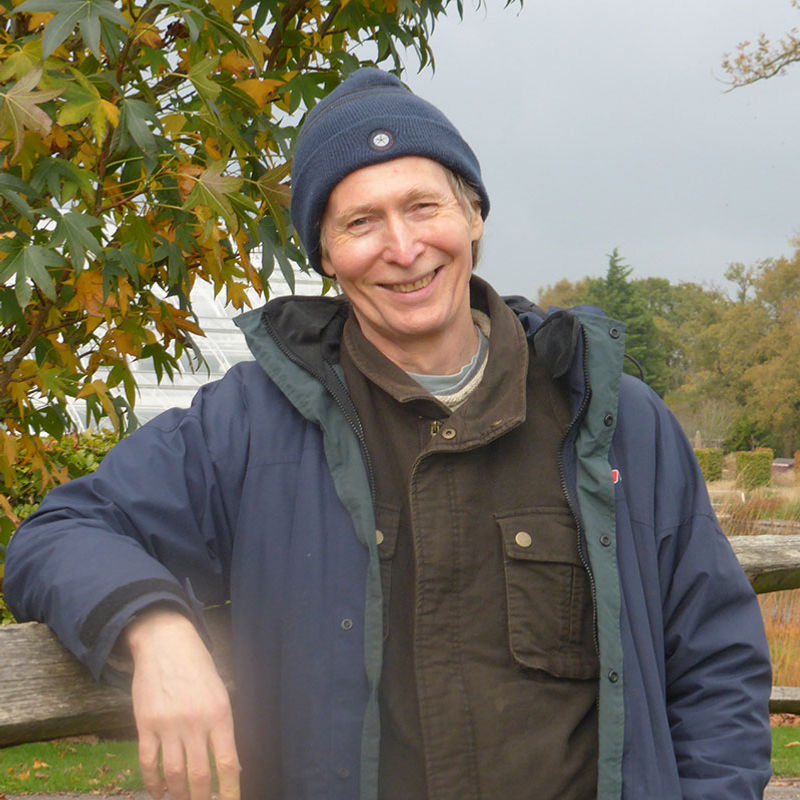
Brian Murphy, MEd, LCSW
Licensed Clinical Social Worker
New York City NY
In preparing for psychedelics, I work with you on creating a clear intention and a resilient mindset. You want an intention that encapsulates what you wish for in one short sentence. As Henry David Thoreau said, "Not that the story need be long, but it will take a long while to make it short." And your mindset will want to be open and exploratory, while preserving the need for some level of self-protection. I try to make it easy for you to get started on this by offering a $30 for 30 minutes online consultation.
The time after the psychedelic experience is when your brain is most open to change, and the actions you take then are quite consequential. I work with people holistically, in that we talk, as in a normal therapy session, but I may also invite you to "go inside" yourself to the same places, visit the same imagery, and explore the same parts of you that you went to in the journey itself. This going inside yourself is not all that hard to do, it’s engaging the same area of imagination that the journey took you to – and perhaps others besides.
Often psychedelics bring us to issues of purpose and meaning that weren’t so front and center before, and with all the new material the medicine has given you, we work to reduce your personal suffering as well as put that suffering in a much larger spiritual context.
I came up in the 1960’s in England, when LSD was making its first appearance in the culture., and let's say I got to know it as well as anybody. After many years in early childhood education, I entered the therapy field in 1996, working at a needle exchange in East Harlem. By 2003 I had branched out into a private practice as well, and I found my way to working with people who had taken psychedelics, largely because these drugs, or medicines, open the major spiritual and philosophical questions, and brings the imagination to its fullest life.
Up until the pandemic I continued to work at the needle exchange, by now running a thriving holistic program as well as continuing with the individual work, as well as my private practice in Chelsea. But with Covid I gave up both offices, and now work via Zoom and FaceTime from home. The screentime approach has not really had an impact on the the work, I think because it's not so much about me as it is about you, your psychedelic experiences, and your relationship with your inner world.
I feel lucky to have come to psychedelics so early, before they became, as it were, a household name, and that has given me the opportunity to develop a relationship with them before all the hype took hold. I see them not so much as drugs to improve this or that mental health condition, but as experience-givers, that can take us into corners of the mind we did not know about. What we take back from the experience depends on what we explored and how we want to change, moving forward.
I also co-lead a weekly online group called the Disintegration Group, meaning that group members help the psychedelic in its work of disintegrating the habitual thought patterns and cultural limitations that stand in the way of our spiritual/emotional evolution. It has been going for about seven years now, and has bloomed into a community of loving people who support one another not just through their psychedelic journeys but through life's journey too.
I co-lead a psychedelic support group that meets every Tuesday night from 7:00 to 8:30 eastern time via zoom. It is a drop-in group and costs $30. Our format is that each person introduces themselves and briefly mentions what brought them to group that day. After that we give reaction, feedback and support to anyone who has had an experience to process, recover from, exult over or prepare for; we discuss issues and questions you might raise, and if you have come because you are curious about psychedelics and want to learn more, we give you time to explore your questions and get feedback.
Group is not only a space for support and understanding, it has over the years become a community in and of itself, with get-togethers, and many exchanges on our Disintegration Signal group. Group is a precious arena with a life of itself that has evolved across seven or so years of meeting.
Why disintegration? Because instead of integrating the psychedelic experience into the business as usual world we already know, we are interested in disintegrating our constructs and belief systems into the novel and rewarding perspectives that psychedelics offer. And anyway, we do like to be different, and a little subversive.
If you are interested in joining, contact me through my website at www.afterthemedicine.com or at brianmurphytherapist@gmail.com.